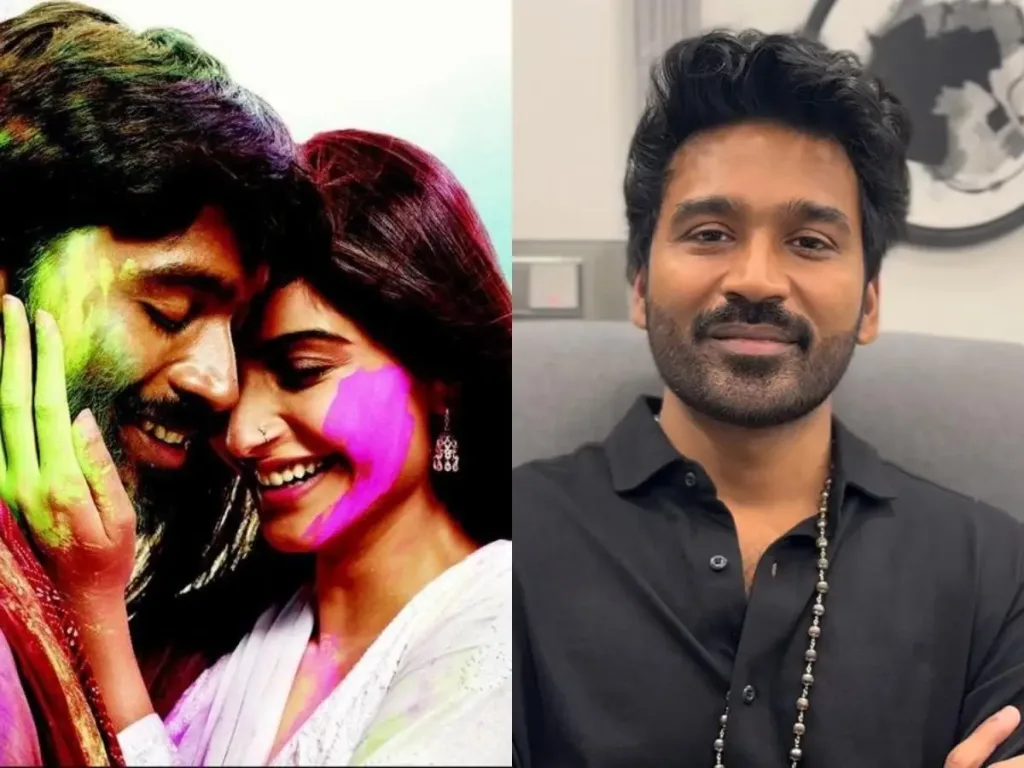Recently, notable actor Dhanush expressed his disappointment with AL altered re-release of the Raanjhanaa movie, which was released previously in 2013. The AI-modified re-release of Raanjhanaa (titled Ambikapathy in Tamil Nadu), owned and distributed by Eros International, has sparked backlash from actor Dhanush and director Aanand L Rai, who stated they did not approve the altered AI-generated ending.
Actor Dhanush has strongly condemned the AI-modified re-release of his 2013 film Raanjhanaa, stating that the new version distorts the original narrative and undermines artistic integrity. The re-released film, titled Ambikapathy, is currently being shown in Tamil Nadu and reportedly includes an AI-generated alternate ending in which the lead characters reunite, completely altering the film’s original tragic conclusion.
Dhanush took to his social media handle and wrote: “This is not the film I committed to 12 years ago.” In a formal statement, he added, “The re-release of Raanjhanaa with an AI-altered climax has completely disturbed me. This alternate ending has stripped the film of its very soul… The use of AI to alter films or content is a deeply concerning precedent for both art and artists.” He also emphasised the urgent need for stricter regulations on such practices, cautioning that they undermine the integrity of storytelling and tarnish the legacy of cinema.
Director Aanand L Rai also distances himself
Who owns Raanjhanaa, and what is Eros’s stand?
The original film, featuring Dhanush and Sonam Kapoor, was produced by Eros International, which still holds the rights to the title and its regional release version, Ambikapathy. As of now, Eros has not issued any official statement regarding the controversy over the AI-generated alterations or the concerns raised by the filmmakers.
This incident further fuels the intensifying global debate over the ethical and creative boundaries of using AI in filmmaking—particularly when it comes to modifying completed works without the original creators’ consent. As both the lead actor and director have publicly distanced themselves from the re-release, the backlash is likely to reignite crucial conversations about the treatment of legacy films in the age of artificial intelligence, and whether obtaining creator consent should be considered an absolute requirement.

